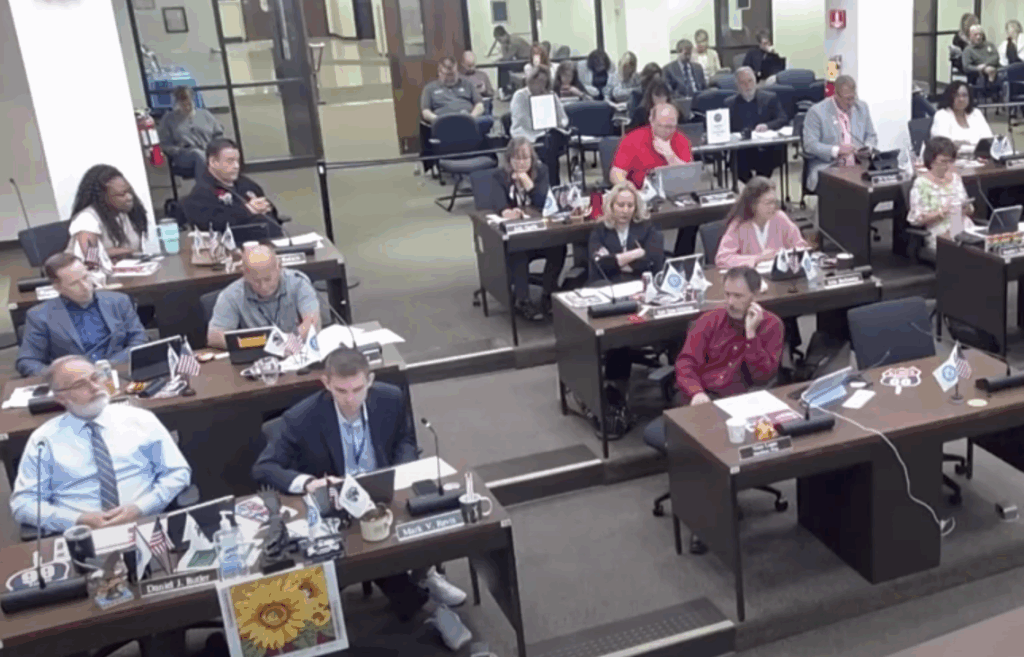
Ranchers decry beef imports from Argentina, expert says good start
Consumers feeling the pang of high beef prices at the grocery store may see some relief from a plan to import beef from Argentina but it’s not likely to be much, according to an expert.
Marc Busch is an expert on international trade policy and law. He’s also the Karl F. Landegger Professor of International Business Diplomacy at the Edmund A. Walsh School of Foreign Service at Georgetown University.
Busch said the increase in beef prices is the result of a combination of factors, including the lowest U.S. beef cattle headcount since 1951.
“We have a shortage of domestic beef. We have higher input prices, not least because of the tariffs, on what it takes to grow a herd, and we have a Byzantine system of import quotas that don’t make a lot of sense and that keep trade from filling in where domestic production falls short,” he told The Center Square.
Ground beef prices were up 12.8% over the 12 months ending in August, according to the Labor Department. U.S. beef prices have increased by more than 50% since 2020, according to figures from the Federal Reserve Bank of St. Louis. From September 2020 to September 2025, the price per pound of ground beef increased by more than $2.20. Ground beef prices hit a record high of $6.32 a pound in August, according to the Bureau of Labor Statistics.
Agriculture Secretary Brooke Rollins recently noted that Americans consume about 12 million metric tons of beef. About 10 million comes from domestic producers, leaving a shortfall of about 2 million, she said. She said the imports from Argentina wouldn’t be limited.
“This is not a massive influx in the millions of tons I think that some have thought of beef from Argentina,” she told Fox Business in October.
Busch said the imports could help, but not significantly.
“No one is opening the floodgates to imports here, this is dilly dallying with existing quotas,” he told The Center Square. “So even if you were to give that quota to some other country, you run the risk that the pricing wouldn’t be viable to make a dent anytime soon. So Australia has way too much quota, but its beef is also way too expensive, and the Argentinians aren’t going to step in and suddenly answer the problem. It’s not going to happen because they’re too small with that quota, but it could make a slight difference in some markets at a certain price point.”
President Donald Trump recently told U.S. ranchers to lower prices. Cattle producers hit back.
“The National Cattlemen’s Beef Association and its members cannot stand behind the President while he undercuts the future of family farmers and ranchers by importing Argentinian beef in an attempt to influence prices,” NCBA CEO Colin Woodall said in a statement. “It is imperative that President Trump and Secretary of Agriculture Brooke Rollins let the cattle markets work.”
Busch called it a politically smart move, but said beef imports from Argentina are unlikely to significantly affect prices at the grocery store for U.S. consumers. He said the dispute was a protectionist one to keep prices elevated. He also dismissed the NCBA’s concerns about Foot-and-Mouth Disease in Argentina, saying the country’s supply was safe and that any outbreak would trigger a ban on imports. And Busch also called out the NCBA’s worries about Brazilian beef being relabeled as from Argentina.
“The U.S. is on guard for transshipment of anything from anywhere through trade partners,” he noted, given the existing tariffs that have upended global trade.
The Center Square reached out to the National Cattlemen’s Beef Association with questions submitted through a portal on the group’s website on Thursday and followed up by phone and email on Friday. The group’s media team did not respond.
Busch said the solution is to import more beef, but that’s politically fraught and unlikely to succeed anytime soon.
“If we had more liberalization of our market, then we might get closer faster, but it’s not in the cards. This is an incredibly politically powerful constituent, and their investment in protectionism is second to none. So the answer, which is staring us in the face, isn’t on the table, but instead, what you will see is rejigging at the margins and a lot of pressure from the president to lower prices, which smacks of market interference in a way that many Republicans in Congress are not going to endorse. It is in Congress that you’re also hearing the loudest opposition, to the point where the narrative is this is a sellout, even with an inconsequential redistributing of quota to Argentina.”
Latest News Stories

Massive AI supercomputing systems being built in Illinois, Tennessee

WATCH: Debate around which tax to increase; pension enhancements, energy bills advance

Illinois quick hits: Energy omnibus bill advancing; ICE protesters indicted

Cartel bounties on ICE agents similar to bounties placed in Texas communities for years
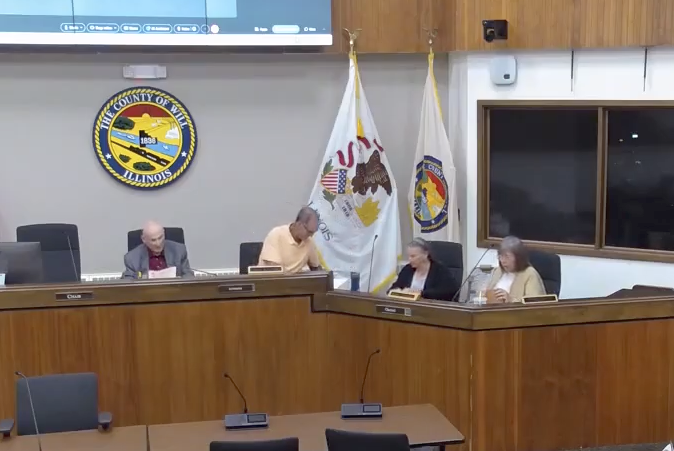
Senior Shared Housing Facility Recommended for Approval in Crete Township
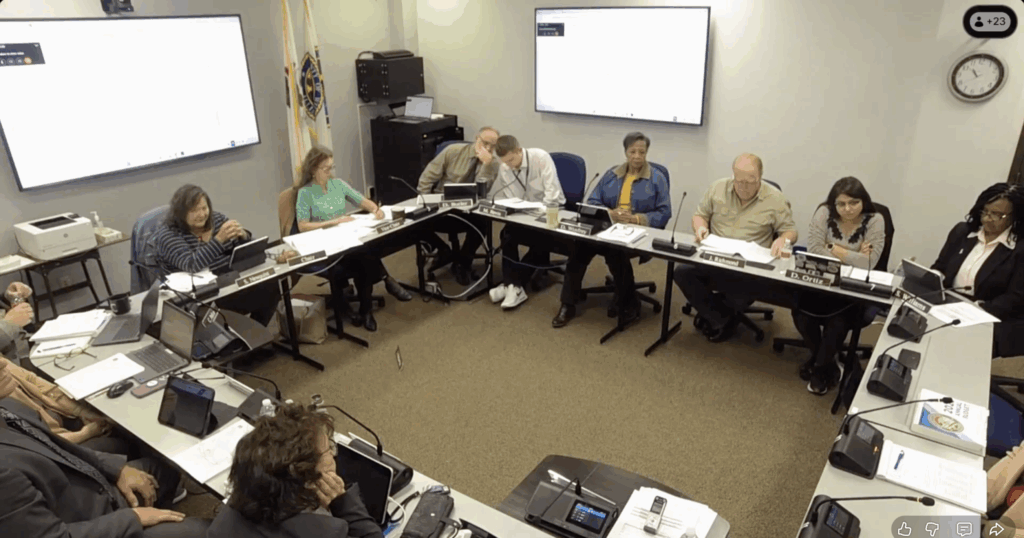
Will County Health Department Pleads for $1 Million to Avert ‘Weakened Public Health System’
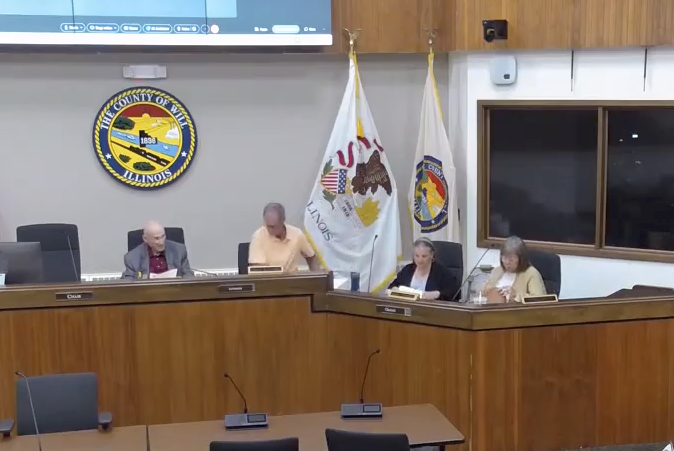
Frankfort Township Board Objects, but County Commission Recommends Bar with Video Gaming

Will County Committee Grapples with $8.9 Million Budget Gap After Contentious 0% Tax Levy Vote

Will County Committee Grapples with $8.9 Million Budget Gap After Contentious 0% Tax Levy Vote
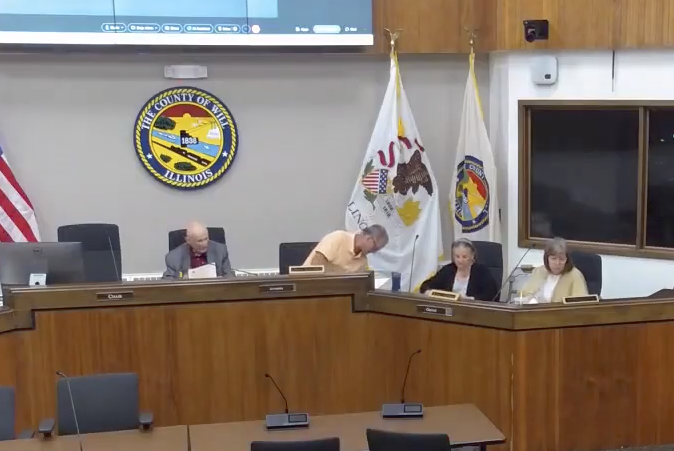
New Lenox Solar Farm Proposal Advances with Conditions, Following Village and Forest Preserve Input

Meeting Summary and Briefs: Will County Board for October 16, 2025

Meeting Summary and Briefs: Mokena School District 159 Board of Education for October 15, 2025

Will County Board Approves New 30 MPH Speed Limit for Frankfort Township Road

Meeting Summary and Briefs: Frankfort Township Board for September 8, 2025
